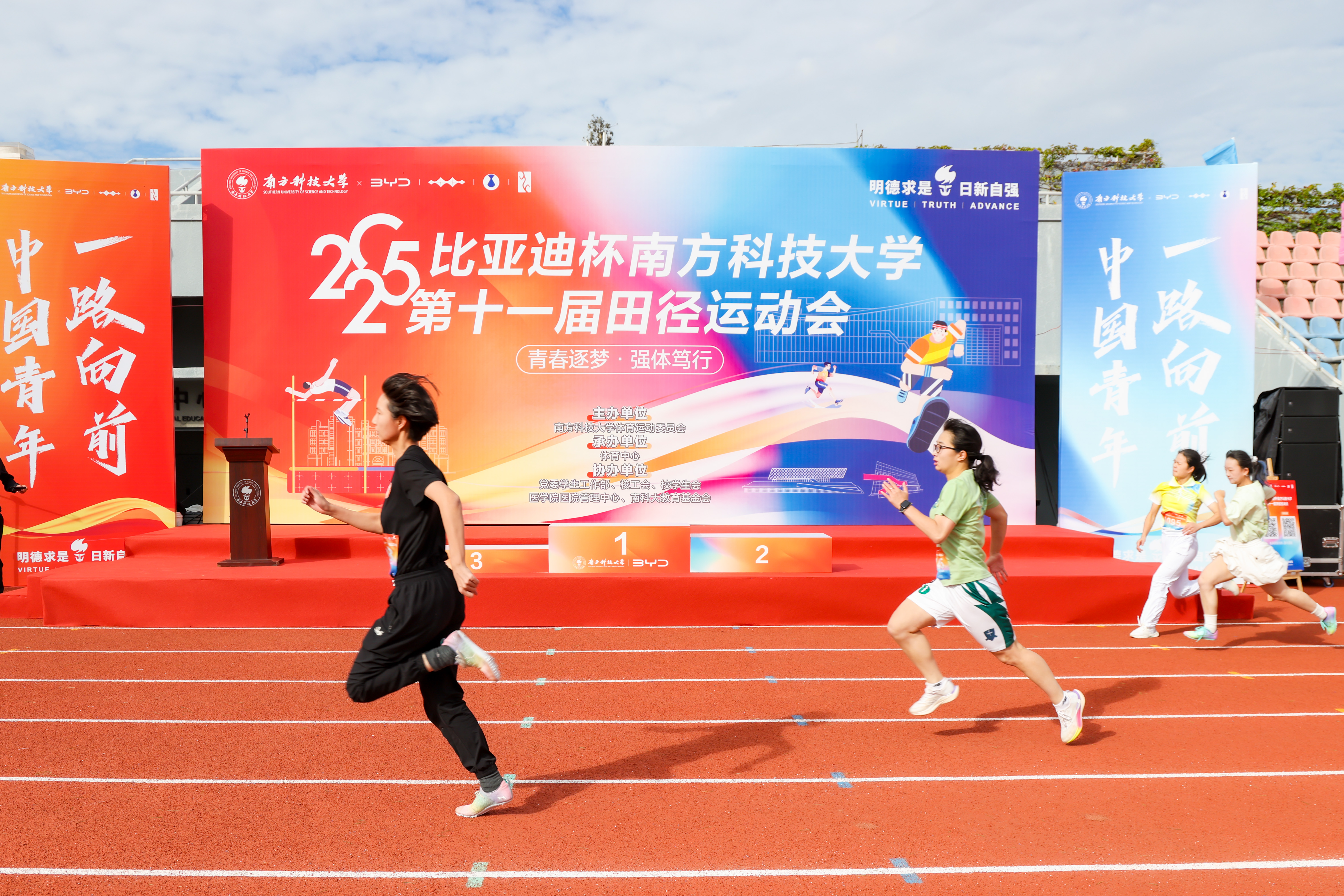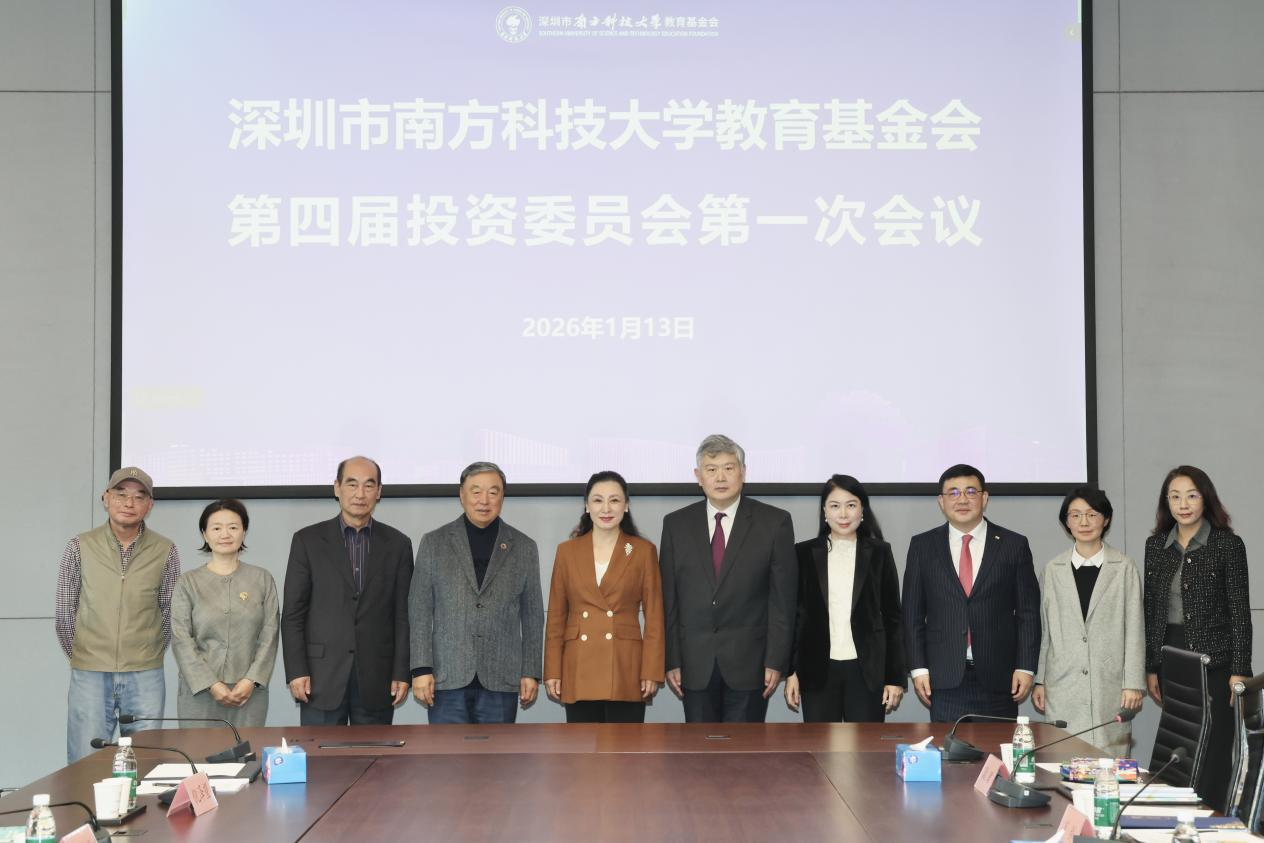Carbon emission can be caused by fossil fuel combustion and cement production. During the period from 2010 to 2012, three quarters of the increment of global carbon emission caused by this were from China. However, the uncertainty of carbon emission estimation in China is large, as it mainly derives from the estimation of energy consumption and carbon emission factors. Nevertheless, the estimation error of carbon emission factors is due to the lack of measured data. The authors of this paper estimated the carbon emission in China again by adopting updated energy consumption and cement production data, and combining two sets of measured coal emission factors data in China. The research result indicates that the coal emission factors are 40% lower than the emission factors recommended by the Intergovernmental Panel on Climate Change in average. Integrating the updated consumption data and emission factors data, in 2013, the carbon emission from fossil fuel combustion and cement production in China is 2.49 megatons (±7.3%), which is about 14% lower than the previous estimated data. The reestimated carbon emission is 2.9 megatons lower than the previous estimated integrated value of carbon emission for the period from 2000 to 2013, during which the overestimated value of carbon emission in previous research is even higher than the accumulated carbon sequestration (2.66 megatons) of forests in China from 1990 to 2007, and is higher than the total carbon sequestration (2.6 megatons) of land in China from 2000 to 2009.
The Nature made a special report in news column that day with the title of “China’s emissions overestimated”. The article says that the above research may be the best estimate related to carbon emission in China, which is a significant contribution to research on the carbon emission in China, even of the world. The method, data and conclusion adopted in the article are major scientific contributions to the scientific evaluation and correct understanding of the carbon emission in China. The conclusion that the carbon emission in China is overestimated will support the international climate negotiation of our government to a large extent in the future.
The above research is conducted by many scholars from Harvard University, Chinese Academy of Sciences, Tsinghua University, SUSTC, etc.
The article can be downloaded from the following website:
http://www.nature.com/nature/journal/v524/n7565/full/nature14677.html#affil-auth
[Personal Profile]
Professor Liu Junguo mainly works on the study of hydrology, water resource and wetland ecosystem, publishing over 70 papers in Nature, Science, PNAS, etc, one of which was an original article published in Nature, one published in Science, and two published in PNAS. The published articles have been cited over 1200 times by journal articles like Nature, Science, etc. The articles get the honors of “The 100 Most Influential International Academic Papers in China” and “Global ESI Highly Cited Papers in Recent 10 Years”. Professor Liu acts as a co-editor of Journal of Water and Climate Change, a SCI journal of International Water Quality Association, President of Beijing Ecological Restoration Institute, and peer-reviewed expert of Science and PNAS.
He has rich working experience in countries like China, America, Britain, Switzerland, Austria, Netherlands, etc. He also acts as a committee member of UN Best Practices of Water Resources for Technical Advisory Committee and International Water Footprint Network Peer-reviewed Committee, main member of Netherlands Professional Assessment Panel for “Environment and Sustainable Science”, a committee member of Academic Committee for International Conference on Ecological Restoration, etc. His academic achievements in aspects like blue and green water, water footprint, virtual water and eco-hydrology take a leading role in the development of international hydrological science. In 2015, he becomes one of the 7 leaders for the International Hydrologic Decade of the International Association of Hydrological Sciences (IAHS) in the world, taking charge of the global promotion of the International Hydrologic Decade.







